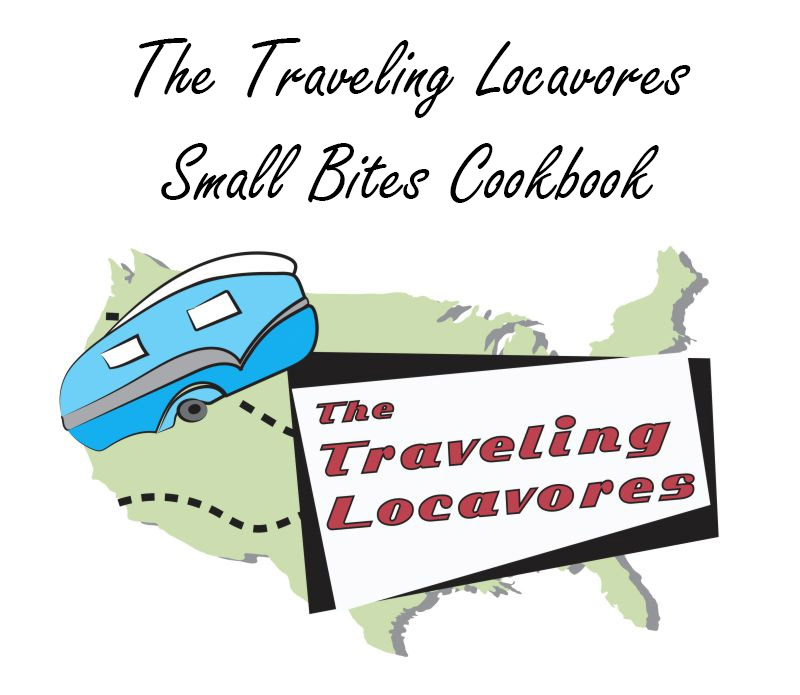Locally grown food is a great way to reduce your carbon footprint while enjoying tastier, healthier food at a lower cost. There are definitely benefits of being a locavore. If you’ve never grown your Benefits of Being a Locavore own food or experienced the joy of eating a freshly picked tomato from the farmers market, you’re missing out! Seem too good to be true? Find out why eating local is so great and how to get your hands on some. Read on – and stick with us, The Traveling Locavores — we will keep you eating local!
Benefits of Being a Locavore
Learn How Eating Local Food Can Help You, the Economy and the Planet
If you haven’t yet heard of the 100-mile diet, you’ve likely caught wind of the local food movement. Learn about the benefits of becoming a locavore and why eating local will help the planet and your local economy. Supported by environmentalists and average households, locally grown food is a great way to reduce your carbon footprint while enjoying tastier, healthier food at a lower cost. Seem too good to be true? Find out why eating local is so great and how to get your hands on some.
Concerns with long-distance food miles
Of course, there are always two sides to every coin. Let’s start with the bad side – the ugly side of conventional farming methods used by corporate farmers that result in the shipping of foods long distances to major grocery stores. Big farm operations require energy at many points – petrochemicals and energy are used to produce pesticides and fertilizers for use growing feed crops (animals eat 50% of all food crops grown worldwide, read more about meat consumption), fossil fuels are used to run huge machine equipment, and energy is used to transport food (produce and livestock) from the farm to packers and then distributors. It all addes up, resulting in many eco problems:
- Long-distance travel: The average bundle of spinach, head of lettuce, and a bunch of carrots travel over 1,800 miles to get to a consumer’s table when local versions of this produce may be as close as 10 miles.
- Greenhouse gas emissions: A study in Iowa concluded that locally producing just 10% more of the produce consumed would decrease greenhouse gas emissions between 6.7 and 7.9 million pounds.
- Efficiency of energy use: Due in part to long-distance food miles, we currently consume 20 calories of fossil fuel energy to produce two calories of food energy. Compare that to the one calorie of energy used to produce the same amount of food 100 years ago and you’ll see that we’re consuming much more energy than we once were.
- Human health: Food that has to travel long distances will often be irradiated, which means they’re exposed to radiation (gamma rays, X-rays, or electron beams) to kill the bacteria on the food. Serious health concerns have been raised about this practice, with the added downside of poorer quality of food that results (ruined odor, taste, color, and texture). You may even lose weight because if there are no food processing plants in your area, you’ll likely be eating a diet rich in whole fruits, veggies, and grains.
This is just the tip of the iceberg when it comes to problems with conventional agriculture and food production. For even more information about the problems with conventional, large-scale farming, we direct you to these excellent resources:
- National Sustainable Agriculture Information Service
- Sustainable Table
- The Meatrix

But here’s the good side – the great things about buying local food is it can solve all of the problems listed above. If you’ve never grown your own food or experienced the joy of eating a freshly picked tomato from the farmers market, you’re missing out! Not only is it a journey for all of your senses, locally produced foods are tremendously beneficial for your community, your health, and the environment.
- Aesthetic experience: The joy of smelling and touching unique, fresh produce and foodstuffs, including some interesting heritage varieties you won’t find at your local grocer.
- Healthier food: By purchasing foods produced closer to home, you ensure they’re permitted to mature and ripen “on the vine” as long as possible, which means greater nutrition. Fresh, local food is always healthier!
- Money saved: Farmers market and CSA produce is often cheaper than that you’ll find in the supermarket. Plus, by buying whole foods rather than prepackaged, processed foods, you’ll also be lowering your food bill.
- Community support: Farmers markets are often big events for small towns and local neighborhoods, bringing small businesses and local consumers together. They can really revitalize the local community. By participating in a local CSA, you become involved in a smaller but vital community of people working to support local farmers directly for an entire season.
- Support local economy and farmers: Of course, by buying local produce from family farms, you not only support their livelihood, but you keep money flowing within your community, which increases employment, social services, and so on. By increasing local food production in North America, we’d be able to add jobs to local economies.
- Environment: Of course, the most obvious benefit is that by buying locally, you’ll reduce the greenhouse gas emissions expended to get your food to the table. Additionally, many small organic farms sell their wares primarily through farmers markets, which results in the ideal combination (local and organic). Plus, if you bring your own bags when shopping locally, you can reduce the packaging on your grocery buying.
Reference: {http://www.ecolife.com/health-food/eating-local/benefits-of-locavore-diet.html}










